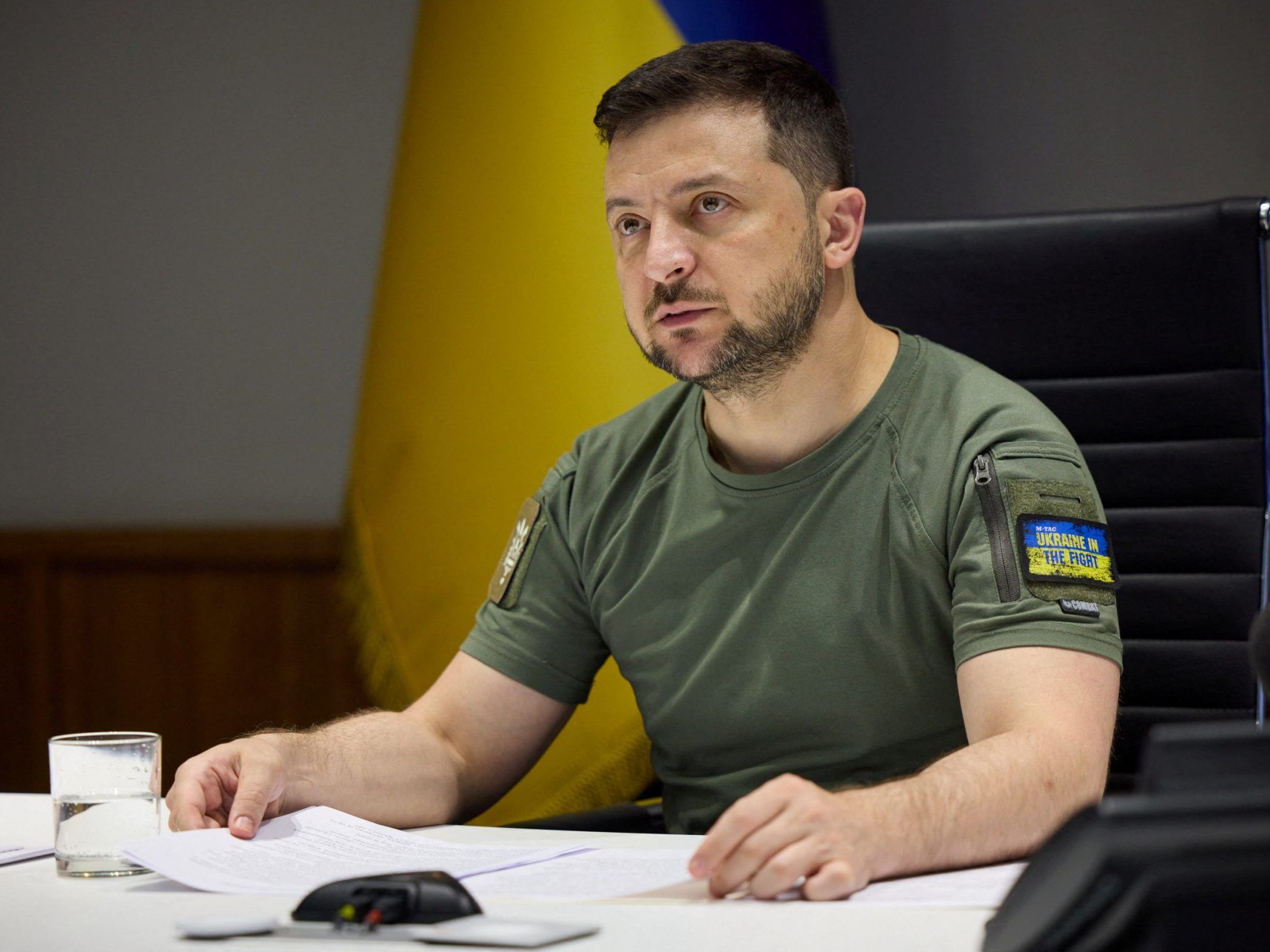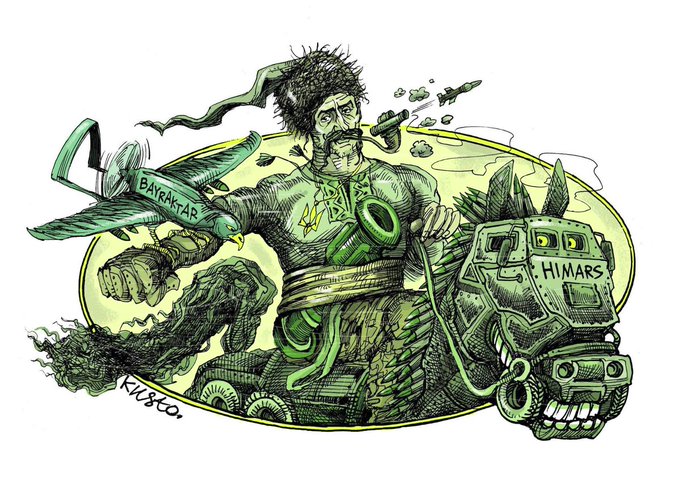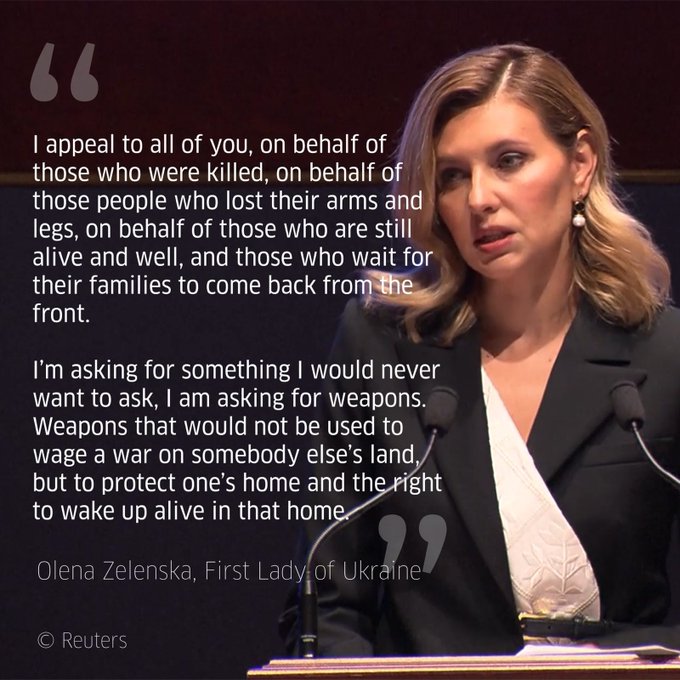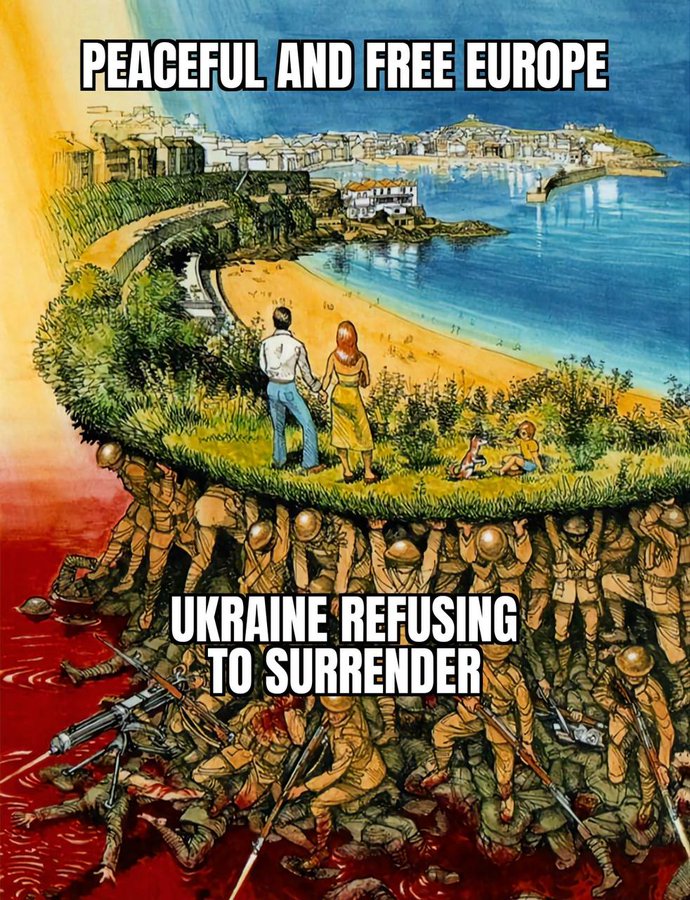Zelenskyy sidelines close allies in major shake-up for war failures
Author of the article:Reuters
Reuters
Tom Balmforth and Max Hunder
Publishing date:Jul 18, 2022 • 14 hours ago • 4 minute read • Join the conversation
KYIV — President Volodymyr Zelenskyy sidelined his childhood friend as head of Ukraine’s security service, and another close ally as top prosecutor, in Kyiv’s biggest internal purge of the war, citing their failure to root out Russian spies.
The careers of SBU security service chief Ivan Bakanov and Prosecutor General Iryna Venediktova had personified Zelenskyy’s policy of putting young loyalists in charge of fighting corruption since the former TV comic came to power in 2019.
But nearly five months after Russia’s invasion, the president acknowledged that his two allies had failed to root out traitors and collaborators in their organizations.
The deputy head of Zelenskyy’s administration said on Monday they had been suspended pending further investigation.
More than 60 officials from Bakanov’s SBU security agency and the prosecutor’s office were working against Ukraine in Russian-occupied territory, and 651 treason and collaboration cases had been opened against law enforcement officials, Zelenskyy said in a video address.
“Such an array of crimes against the foundations of the national security of the state … poses very serious questions to the relevant leaders,” Zelenskyy said.
He appointed Vasyl Maliuk, first deputy head of the SBU since March 2020, as acting chief on Monday.
Zelenskyy, widely feted on the world stage as a decisive war-time leader, had been dogged before the invasion by accusations that he had named friends and other outsiders to jobs in which they were out of their depth.
Bakanov, a friend since their childhood in southern Ukraine, had helped run Zelenskyy’s media business during his television career. He then led the campaign that saw Zelenskyy shift from playing the president on a sitcom to being elected in a landslide in real life.
Venediktova, a jurist who attended a meeting just last week in The Hague discussing the international effort to prosecute Russian war crimes in Ukraine, had advised Zelenskyy on judicial reform since he entered politics.
After failing to capture Kyiv early in the invasion, Russian forces used a campaign of devastating bombing to cement and extend their control of the south and east.
In recent weeks the Russians have stepped up long-distance strikes on targets far from the front, killing large numbers of civilians in what Ukraine calls terrorism. Moscow says it is firing at military targets. Zelenskyy said Russia had used more than 3,000 cruise missiles so far.
Drone footage showed destroyed apartment blocks in Saltivka, the biggest residential neighbourhood of the northeastern city of Kharkiv, which had been home to about 300,000 people before the invasion. Parts of buildings have been reduced to rubble or concrete shells where window fittings have been blown out.
Dozens of relatives and local residents on Sunday attended the funeral of 4-year-old Liza Dmytrieva, one of 24 people killed in a Russian missile strike in the city of Vinnytsia, far from the frontlines, last week. The death of the girl, who had Down’s Syndrome and was filmed cheerfully pushing a pram the morning she was killed next to it, has resonated across Ukraine.
Kyiv hopes the war is at a turning point, with Moscow having exhausted its offensive capabilities to seize a few small cities in the east, while Ukraine has now fielded long-range Western weapons that can strike behind Russian lines.
European Union foreign ministers on Monday agreed to provide Ukraine with another 500 million euros ($504 million) of EU funds for arms, raising the bloc’s support to 2.5 billion euros since Moscow invaded on Feb. 24.
Kyiv cites a string of successful strikes carried out on 30 Russian logistics and ammunition hubs, which it says are crippling Russia’s artillery-dominated forces that need to transport thousands of shells to the front each day.
Russia said on Monday Defence Minister Sergei Shoigu had ordered the military to concentrate on destroying Ukraine’s Western-supplied rockets and artillery.
In the south, Ukraine is preparing a counterattack in coming weeks to recapture the biggest swath of territory taken since the February invasion. Ukraine reported destroying Russian missile systems, communications, radar, ammunition depots and armored vehicles in strikes in the southern Kherson region.
In the east, Ukrainian forces withdrew at the start of July from Luhansk, one of two provinces Russia claims on behalf of its separatist proxies.
Kyiv says Moscow is planning another assault to capture the last Ukrainian-held pocket of neighbouring Donetsk province. Ukrainian emergency services said six civilians were killed on Monday when shells hit a two-story building in Toretsk, a Ukrainian-held Donetsk town close to the frontline.
Russian President Vladimir Putin launched his invasion on Feb. 24 calling it a “special military operation” to demilitarize its neighbour and root out nationalists. Kyiv and the West call it an attempt reconquer a country that broke free of Moscow’s rule in 1991.
This week could be pivotal for European countries worried about the impact of war and sanctions on gas supplies. Russia is due to reopen its main natural gas pipeline to Germany, Nord Stream 1, in coming days after regular maintenance, but Europeans are worried Moscow could keep it closed.
Before the pipeline was shut, Russia had cut back gas flows through it last month, blaming sanctions, including measures that held up the return of a turbine sent to Canada for repairs.
Reuters reported on Monday that Russian gas export monopoly Gazprom wrote to some European customers last week blaming “force majeure” – events beyond its control – for shortfalls in deliveries dating to mid-June, a move that could affect contract enforcement. Germany’s main buyer, Uniper, confirmed receiving such a letter and rejected the force majeure claim.

 torontosun.com
torontosun.com
Author of the article:Reuters
Reuters
Tom Balmforth and Max Hunder
Publishing date:Jul 18, 2022 • 14 hours ago • 4 minute read • Join the conversation
KYIV — President Volodymyr Zelenskyy sidelined his childhood friend as head of Ukraine’s security service, and another close ally as top prosecutor, in Kyiv’s biggest internal purge of the war, citing their failure to root out Russian spies.
The careers of SBU security service chief Ivan Bakanov and Prosecutor General Iryna Venediktova had personified Zelenskyy’s policy of putting young loyalists in charge of fighting corruption since the former TV comic came to power in 2019.
But nearly five months after Russia’s invasion, the president acknowledged that his two allies had failed to root out traitors and collaborators in their organizations.
The deputy head of Zelenskyy’s administration said on Monday they had been suspended pending further investigation.
More than 60 officials from Bakanov’s SBU security agency and the prosecutor’s office were working against Ukraine in Russian-occupied territory, and 651 treason and collaboration cases had been opened against law enforcement officials, Zelenskyy said in a video address.
“Such an array of crimes against the foundations of the national security of the state … poses very serious questions to the relevant leaders,” Zelenskyy said.
He appointed Vasyl Maliuk, first deputy head of the SBU since March 2020, as acting chief on Monday.
Zelenskyy, widely feted on the world stage as a decisive war-time leader, had been dogged before the invasion by accusations that he had named friends and other outsiders to jobs in which they were out of their depth.
Bakanov, a friend since their childhood in southern Ukraine, had helped run Zelenskyy’s media business during his television career. He then led the campaign that saw Zelenskyy shift from playing the president on a sitcom to being elected in a landslide in real life.
Venediktova, a jurist who attended a meeting just last week in The Hague discussing the international effort to prosecute Russian war crimes in Ukraine, had advised Zelenskyy on judicial reform since he entered politics.
After failing to capture Kyiv early in the invasion, Russian forces used a campaign of devastating bombing to cement and extend their control of the south and east.
In recent weeks the Russians have stepped up long-distance strikes on targets far from the front, killing large numbers of civilians in what Ukraine calls terrorism. Moscow says it is firing at military targets. Zelenskyy said Russia had used more than 3,000 cruise missiles so far.
Drone footage showed destroyed apartment blocks in Saltivka, the biggest residential neighbourhood of the northeastern city of Kharkiv, which had been home to about 300,000 people before the invasion. Parts of buildings have been reduced to rubble or concrete shells where window fittings have been blown out.
Dozens of relatives and local residents on Sunday attended the funeral of 4-year-old Liza Dmytrieva, one of 24 people killed in a Russian missile strike in the city of Vinnytsia, far from the frontlines, last week. The death of the girl, who had Down’s Syndrome and was filmed cheerfully pushing a pram the morning she was killed next to it, has resonated across Ukraine.
Kyiv hopes the war is at a turning point, with Moscow having exhausted its offensive capabilities to seize a few small cities in the east, while Ukraine has now fielded long-range Western weapons that can strike behind Russian lines.
European Union foreign ministers on Monday agreed to provide Ukraine with another 500 million euros ($504 million) of EU funds for arms, raising the bloc’s support to 2.5 billion euros since Moscow invaded on Feb. 24.
Kyiv cites a string of successful strikes carried out on 30 Russian logistics and ammunition hubs, which it says are crippling Russia’s artillery-dominated forces that need to transport thousands of shells to the front each day.
Russia said on Monday Defence Minister Sergei Shoigu had ordered the military to concentrate on destroying Ukraine’s Western-supplied rockets and artillery.
In the south, Ukraine is preparing a counterattack in coming weeks to recapture the biggest swath of territory taken since the February invasion. Ukraine reported destroying Russian missile systems, communications, radar, ammunition depots and armored vehicles in strikes in the southern Kherson region.
In the east, Ukrainian forces withdrew at the start of July from Luhansk, one of two provinces Russia claims on behalf of its separatist proxies.
Kyiv says Moscow is planning another assault to capture the last Ukrainian-held pocket of neighbouring Donetsk province. Ukrainian emergency services said six civilians were killed on Monday when shells hit a two-story building in Toretsk, a Ukrainian-held Donetsk town close to the frontline.
Russian President Vladimir Putin launched his invasion on Feb. 24 calling it a “special military operation” to demilitarize its neighbour and root out nationalists. Kyiv and the West call it an attempt reconquer a country that broke free of Moscow’s rule in 1991.
This week could be pivotal for European countries worried about the impact of war and sanctions on gas supplies. Russia is due to reopen its main natural gas pipeline to Germany, Nord Stream 1, in coming days after regular maintenance, but Europeans are worried Moscow could keep it closed.
Before the pipeline was shut, Russia had cut back gas flows through it last month, blaming sanctions, including measures that held up the return of a turbine sent to Canada for repairs.
Reuters reported on Monday that Russian gas export monopoly Gazprom wrote to some European customers last week blaming “force majeure” – events beyond its control – for shortfalls in deliveries dating to mid-June, a move that could affect contract enforcement. Germany’s main buyer, Uniper, confirmed receiving such a letter and rejected the force majeure claim.

Zelenskyy sidelines close allies in major shake-up for war failures
President Volodymyr Zelenskyy sidelined his childhood friend as head of Ukraine's security service, and another ally as top prosecutor.



